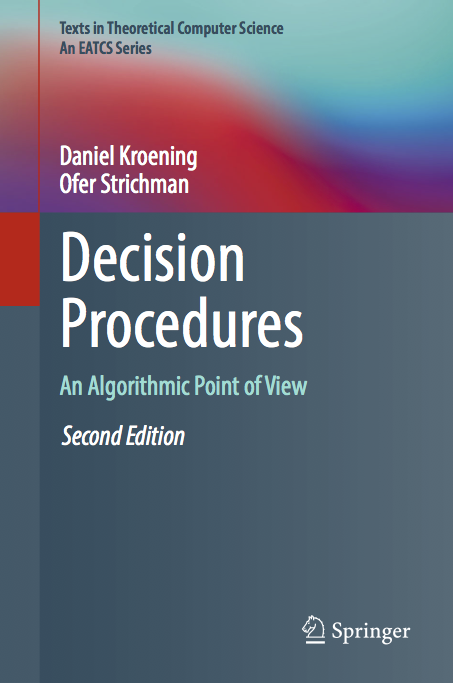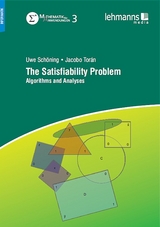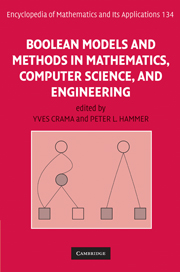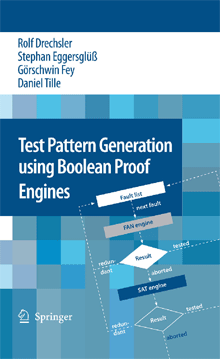The SAT Revolution: Solving, Sampling, And Counting by Moshe Vardi
Abstract of the talk:
For the past 40 years computer scientists generally believed that NP- complete problems are intractable. In particular, Boolean satisfiability (SAT), as a paradigmatic NP-complete problem, has been considered to be intractable. Over the past 20 years, however, there has been a quiet, but dramatic, revolution, and very large SAT instances are now being solved routinely as part of software and hardware design. In this talk I will review this amazing development and show that we can le- verage SAT solving to accomplish other Boolean reasoning tasks. Counting the the number of satisfying truth assignments of a given Boolean formula or sampling such assignments uniformly at random are fundamental computational problems in com- puter science with numerous applications. While the theory of these problems has been thoroughly investigated in the 1980s, approximation algorithms developed by theoreticians do not scale up to industrial-sized instances. Algorithms used by the industry offer better scalability, but give up certain correctness guarantees to achieve scalability. We describe a novel approach, based on universal hashing and Satisfiabi- lity Modulo Theory, that scales to formulas with hundreds of thousands of variable without giving up correctness guarantees.










